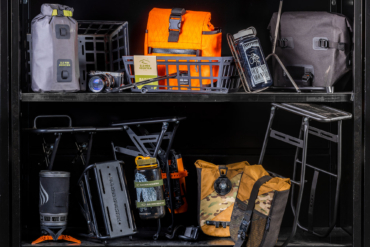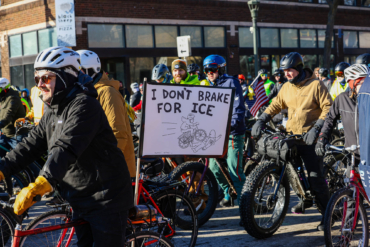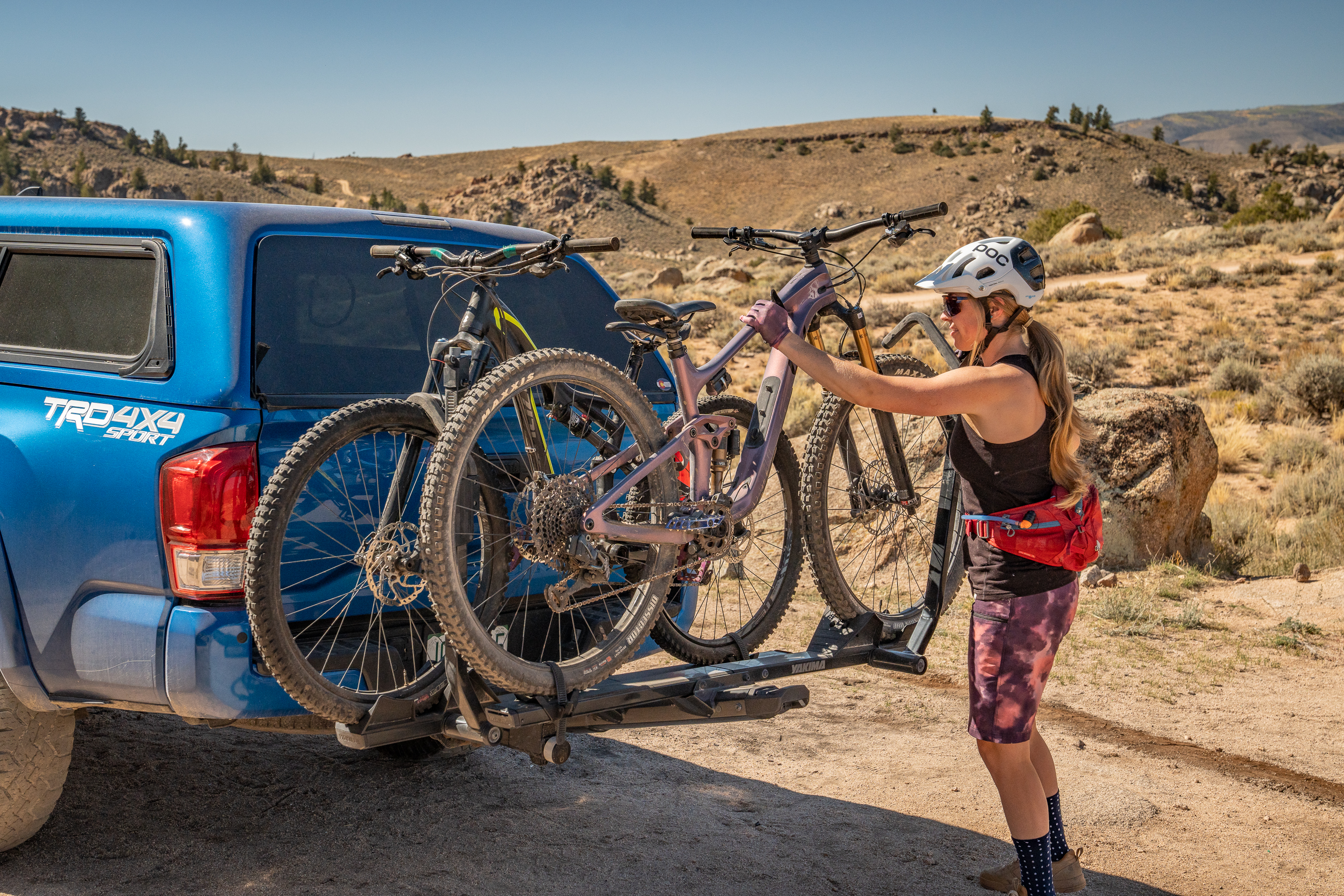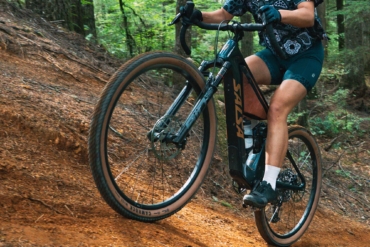By now, the world is familiar with Omar Di Felice’s cold-weather cycling faculties. The Italian former professional race rider pulled off an impressive project in the Arctic earlier this year. His new objective takes him to the opposite side of the planet.
Omar Di Felice has announced his plans for a coast-to-coast bike ride through Antarctica. His route will take him to the South Pole, and then across the continent to the base of the Leverett Glacier. Then, he’ll reverse it back to the pole. He plans to do it completely unsupported.
If Di Felice pulls it off, he will become the second person to cycle from the Antarctican coast to the South Pole and the first to link up the continent’s shores on a bike.
View this post on Instagram
He’ll reportedly cover 994 miles to do it, blowing the current record of the farthest bike ride in Antarctica out of the water. (That currently belongs to Daniel Burton, who rode 774.8 miles along the Hercules Route, with food drops, in 2013-14.)
Di Felice’s route does include one thing that will give him a distinct advantage: a road. Riding a bike through Antarctic snow can mean a lot of walking. While his route will include plenty of that, he’ll also take advantage of an access road between McMurdo Station (a U.S. research facility) and the South Pole.
If the biking wasn’t enough work on its own, Di Felice also plans to study the continent through the lens of climate change along the way. An environmental science degree he intends to earn soon will inform his work.
Di Felice calls the ambitious project Antarctica Unlimited. Its marathon duration — 18 months — means that he will finish its various objectives around March 2024.
To Di Felice, the protracted schedule might feel like a blip on the radar. He’s been dreaming about it for much, much longer.
“I discovered [Antarctica’s] existence as a child. I started dreaming about it as a teenager. I have worked hard every single day of my life, and God knows when I closed the door of my room during the night how many times I have tried in vain to imagine myself cycling there,” Di Felice wrote on Facebook.
If everything goes according to plan, he won’t have to imagine it much longer.
Cycling for Climate Change Research
“I decided to go back to university by enrolling in the degree course in Environmental Sciences, which will serve to accompany my training process,” he told montagna.tv (auto-translated).
“During the next 18 months, in which Antarctica will absorb every inch of me, not only will I try to cross the most remote and fascinating continent on Earth, but I will study it carefully with the help of scientists and experts … carrying out research and studies there. In addition, I will bring my experience to schools through a dissemination activity.”
It’s part of Di Felice’s climate change initiative, which he dubbed “Bike to 1.5° C.” Through it, he seeks to build climate change awareness in partnership with the Italian Climate Network. It started when he biked 1,242 miles to COP26 in October 2021.
Di Felice also has to ride almost a thousand miles (roughly the distance from the western tip of Texas through Louisiana and Mississippi) through uniquely adverse terrain and conditions. It’s going to be cold, sure. But other problems, from carrying enough gear to stay alive, to traveling in a reliably straight direction, will also beset Di Felice.
How to Bike in Antarctica? Walk When You Have To
Eric Larsen attempted a solo coast-to-South Pole bike ride in 2012. According to him, cyclists are up against the odds in Antarctica for a few key reasons.
One is that the largely featureless landscape makes staying on track hard. Another is that keeping the wheels moving through deep snow with a supply-laden rig laden can be impossible.
“You basically know whether you’re going uphill or downhill. If the horizon looks close to you, then you’re going uphill — if it looks far away, you’re going downhill. That’s about it,” he said.
Various surface conditions add to the difficulties. You can find yourself skating across hard-packed snow, churning through a thin layer of very loose, dry powder, or navigating between dune-like structures of loose snow called sastrugi.
It’s all incredibly hard to ride through, Larsen said, and for that reason most bikepackers find themselves walking a lot along their routes. Di Felice’s route choice should help him make significantly better time on the second and third legs.
Whether the Antarctic exploration community validates Di Felice’s attempt on any particular basis will probably come down to matters of personal opinion. Larsen allowed freely that cycling off-road in Antarctica means walking your bike. And that’s what most cyclists have done on the continent, historically.
There will also undoubtedly be some critics who accuse Di Felice of some form of cheating by riding the road. For his part, Di Felice seems unconcerned with controversy.
And regardless, he will try to overcome a longer route than any cyclist in Antarctica has ever tackled. Along with his gear, planning, and fat bike, he has one critical tool to use: deep-seated motivation.

“I still have fear as big as that continent of ice. [But] I cradled within me the hope that someday I would be ready enough to cross it. As I write these words, watching the video that contains the meaning of my whole life, I can hardly stop the tears. They are tears of pride for proving to myself that it would be possible,” he wrote.








